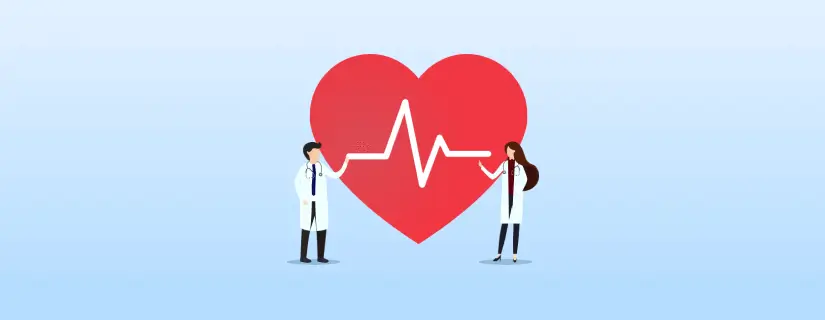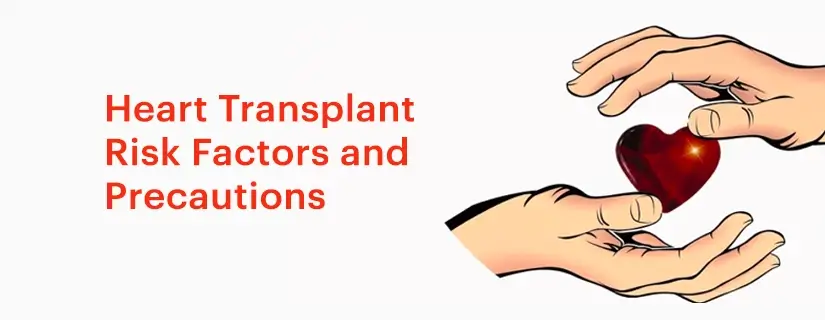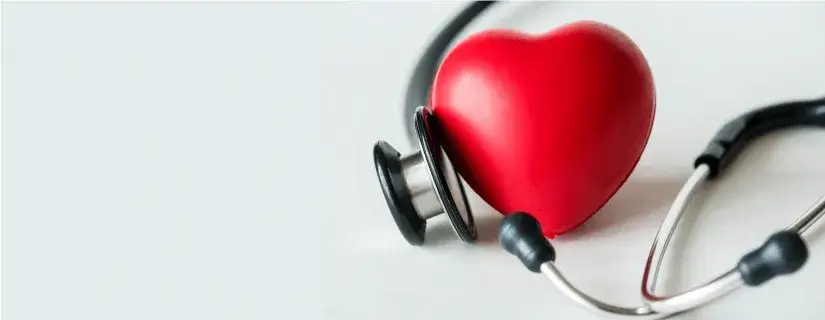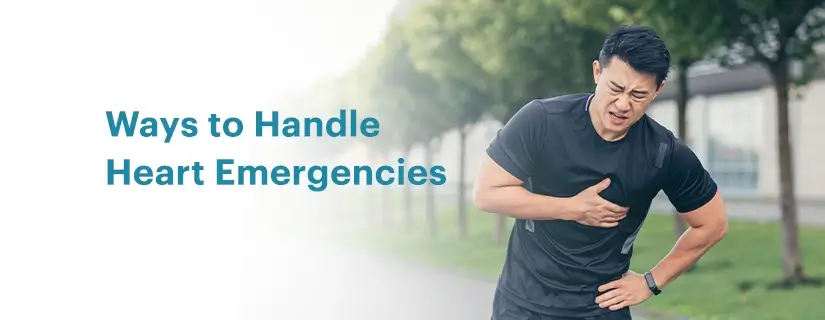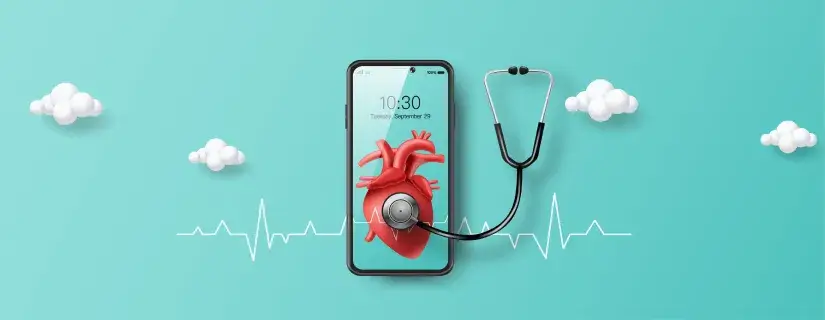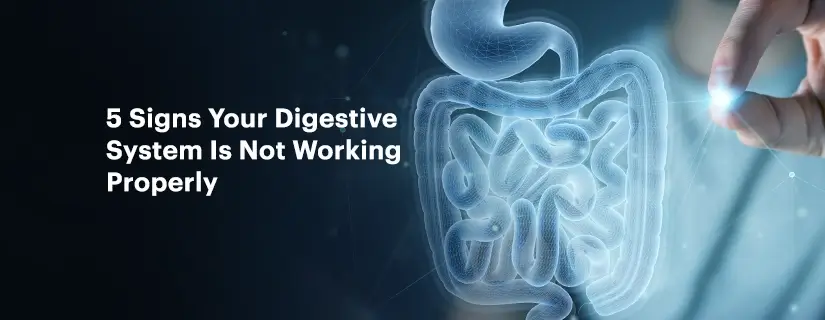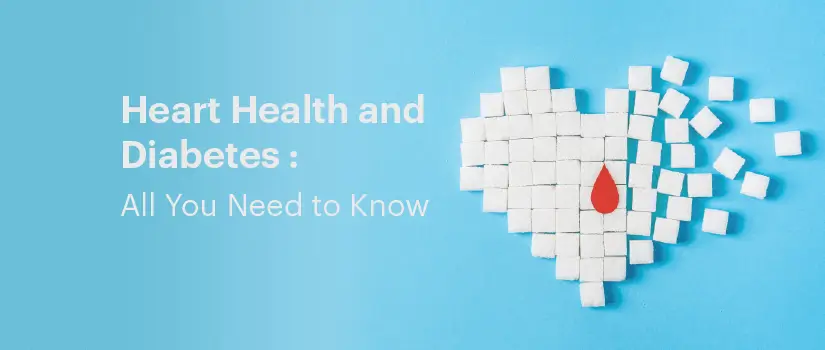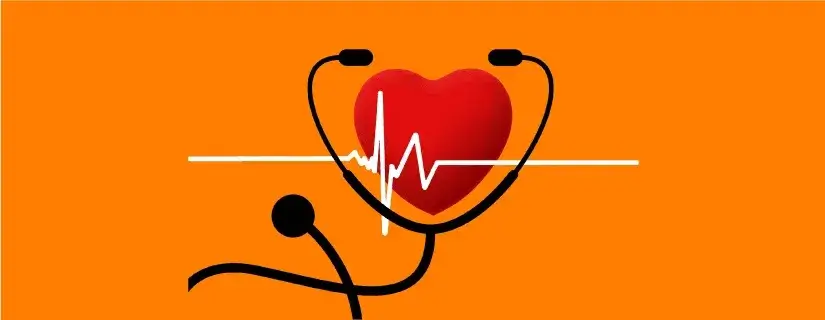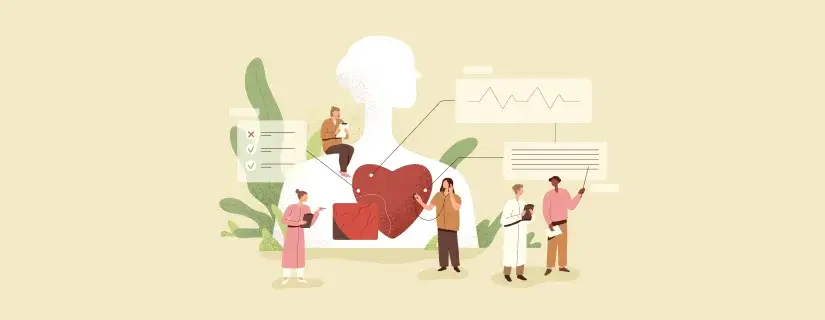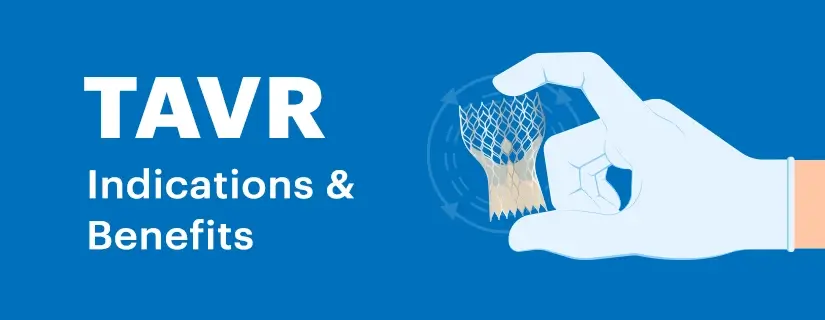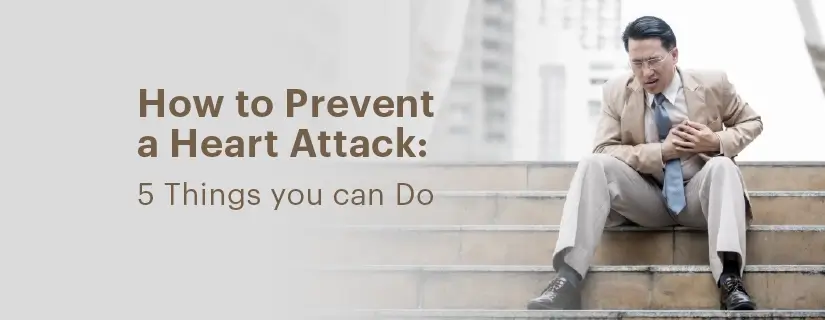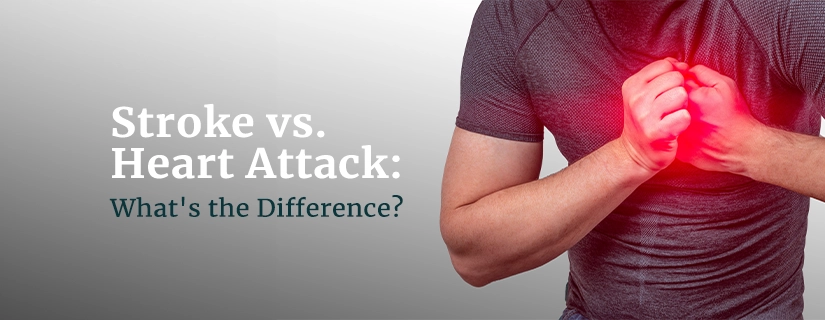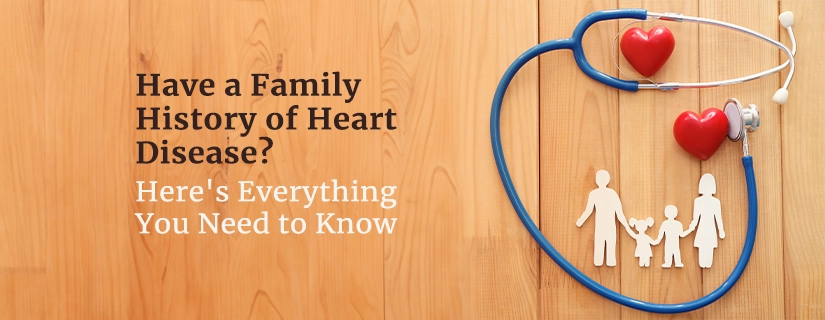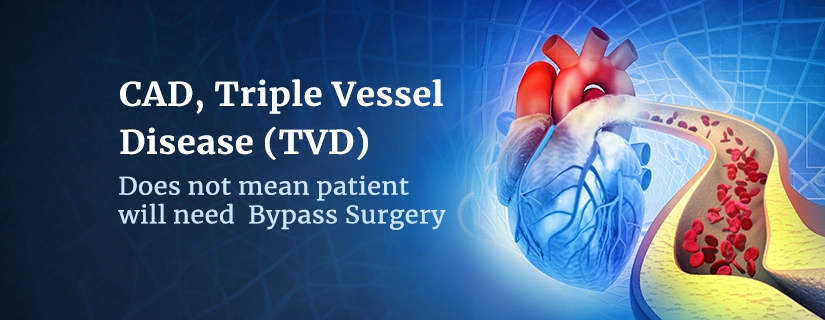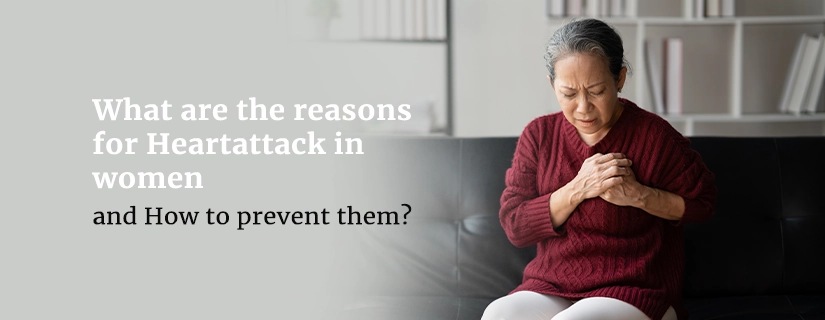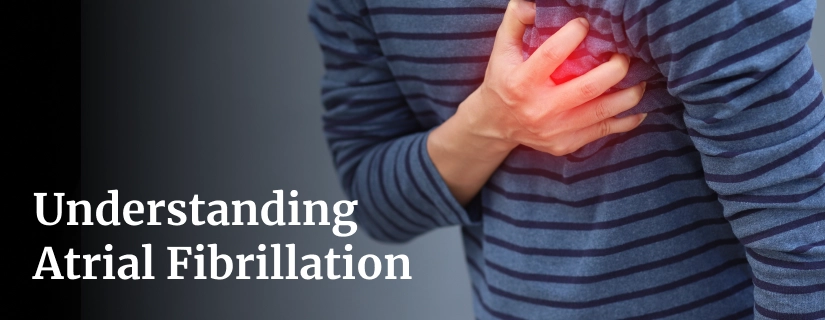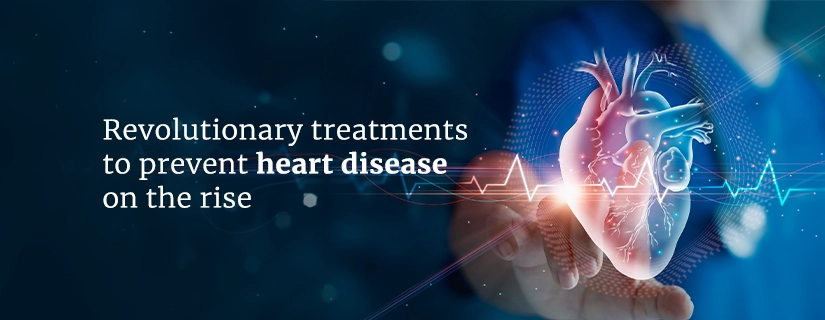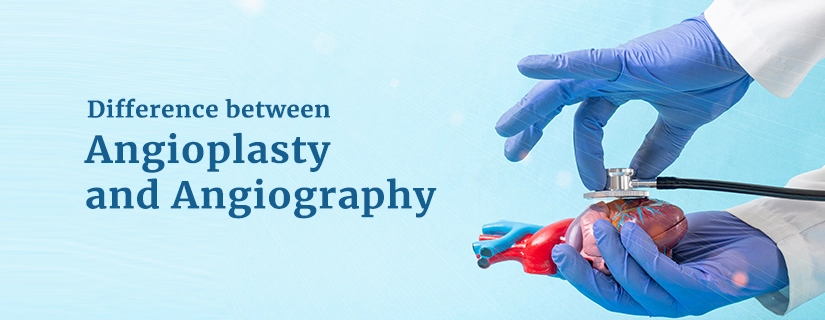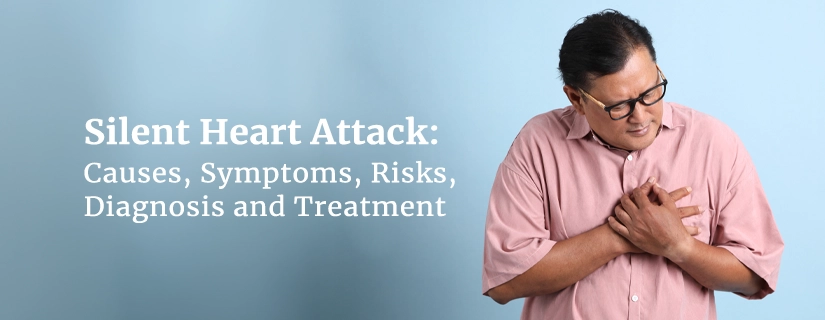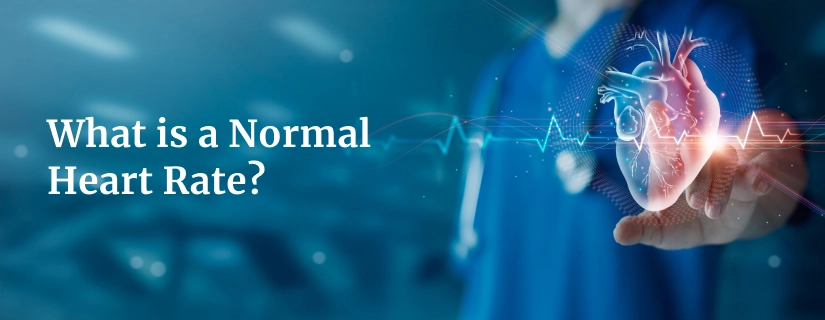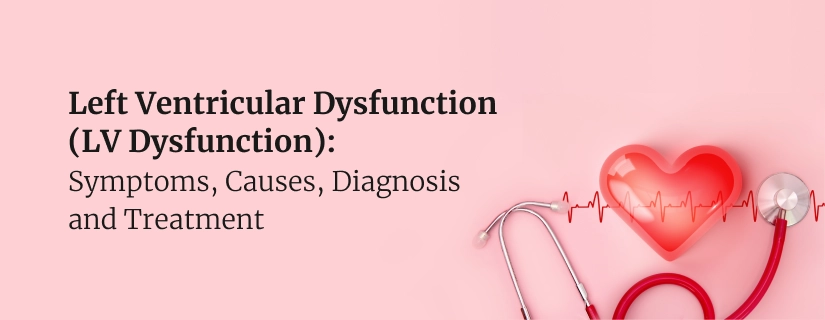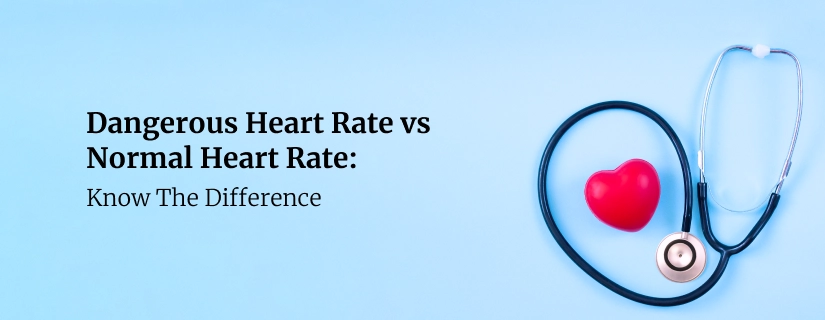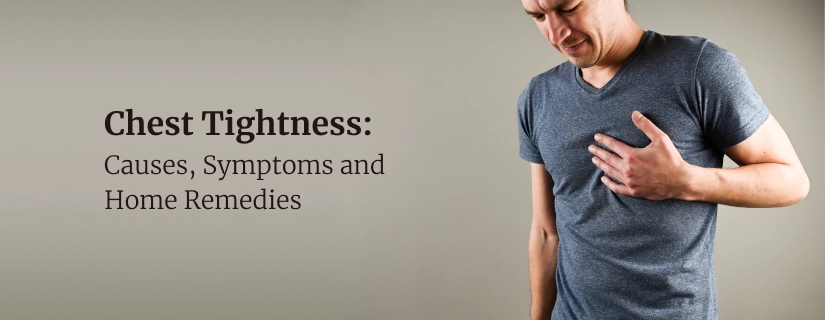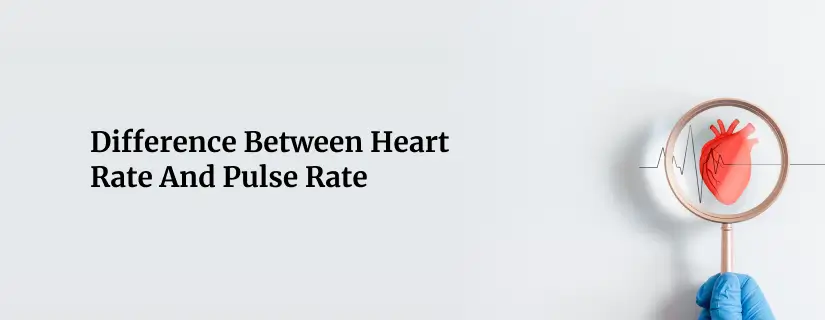-
Doctors
-
Specialities & Treatments
Centre of Excellence
Specialties
Treatments and Procedures
Hospitals & Directions HyderabadCARE Hospitals, Banjara Hills CARE Outpatient Centre, Banjara Hills CARE Hospitals, HITEC City CARE Hospitals, Nampally Gurunanak CARE Hospitals, Musheerabad CARE Hospitals Outpatient Centre, HITEC City CARE Hospitals, Malakpet
HyderabadCARE Hospitals, Banjara Hills CARE Outpatient Centre, Banjara Hills CARE Hospitals, HITEC City CARE Hospitals, Nampally Gurunanak CARE Hospitals, Musheerabad CARE Hospitals Outpatient Centre, HITEC City CARE Hospitals, Malakpet Raipur
Raipur
 Bhubaneswar
Bhubaneswar Visakhapatnam
Visakhapatnam
 Nagpur
Nagpur
 Indore
Indore
 Chh. Sambhajinagar
Chh. SambhajinagarClinics & Medical Centers
Book an AppointmentContact Us
Online Lab Reports
Book an Appointment
Consult Super-Specialist Doctors at CARE Hospitals
Heart Problems After COVID 19
Updated on 28 July 2021
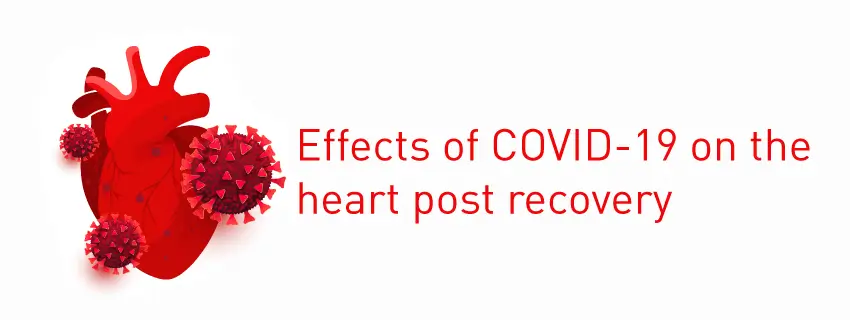
Even many weeks after recovery from COVID-19, people have been reporting unfavorable health effects on the body. These symptoms are referred to as ‘long-haul’ symptoms that appear long after initial recovery. Though COVID-19 is known to primarily affect the health of our lungs, it also affects other organs as well with long-term health problems.
Why problems in the eart arise?
COVID-19 causes lasting damage to the heart by damaging the muscles, which can in turn interfere with overall functioning. This happens due to a few reasons, which are:
-
Receptors of heart cells are damaged when the COVID virus attaches to them before entering the cells
-
The inflammatory process that happens when the immune system fights against the COVID virus can damage healthy heart tissue
-
COVID virus damages the inner linings of veins and arteries, thereby interfering with blood flow to the heart
Signs, symptoms, and conditions
Signs, symptoms, and conditions experienced may include,
-
The feeling of the heart beating rapidly
-
The feeling of irregular heartbeat (palpitations)
-
Discomfort in the chest
-
Lightheadedness/dizziness (when standing)
-
Severe fatigue
-
Profuse sweating
-
Persistent cough
-
Rapid weight gain due to fluid retention
-
Loss/ lack of appetite
-
Increased urge to urinate
-
Shortness of breath
-
Swelling of the ankles
-
Myocarditis (inflammation of the heart muscle)
-
Possible increased risk of heart failure (rare)
-
Chance of a heart attack (very rare)
Risk factors that may lead to the aforementioned signs and symptoms are,
-
Prolonged periods of inactivity/ sedentary lifestyle
-
Spending weeks convalescing in bed
-
Diabetes
-
High blood pressure/ hypertension
-
Cholesterol
-
Suddenly stopping heart medications
-
Lung disease
When should you see a doctor?
Two groups of symptoms, in particular, should be closely monitored, and accordingly should have medical attention promptly under the following circumstances. Contact the nearest heart hospital in Hyderabad for a better understanding of the situation.
Shortness of breath
-
Worsening shortness of breath when lying down
-
Increased shortness of breath during exertion
-
Fatigue induced by shortness of breath
-
Swelling in the ankle accompanying shortness of breath
Chest pain
-
Persistent pain in the chest
-
Nonsevere chest pain
-
New chest pain that subsides in 15 minutes
-
Exertional chest pain relieved by the rest
Heart tests that can be done:
-
Electrocardiogram (EKG/ECG) to test for possible arrhythmia
-
Echocardiogram to detect problems in/ with heart valves and heart chambers
-
Troponin blood test to determine if/ which heart muscles are damaged
-
MRI to find out the extents of damage/ structural problems/ inflammation to the heart
Precautions to be taken for good cardiac health post-recovery from COVID
Here are some post-recovery heart health from COVID:
-
Get your heart checked after recovering from COVID
-
Do not stop any medications for the heart if any
-
Immediately report symptoms (such as chest pain, breathlessness, sweating) to a doctor
-
Stay well hydrated throughout the day
-
Get screened for underlying heart conditions such as tachycardia
-
Exercise regularly
-
Do not try to overexert
-
Continue taking normal medications for general health
-
Eat wholesome, and nutritious foods consistently
-
Stay calm, relax, and try not to panic
-
Do not self-diagnose any symptoms
-
Avoid self-medicating at all costs
-
Heed to advice from your doctor
-
Get vaccinated promptly and without any hesitation
Potential heart risks for children who have recovered from COVID
-
Treatment options in the rare case of heart failure:
-
Medications for the heart
-
LVAD (Left Ventricular Assist Device) procedure

ENQUIRY FORM
SELECT CATEGORIES
-
Neurosciences (16)
-
Neurology (37)
-
Neurosurgery (14)
-
Orthopaedics (48)
-
Oncology (33)
-
Obstetrics and gynecology (52)
-
Pulmonology (23)
-
Urology (20)
-
Nephrology (13)
-
Psychiatry (7)
-
Dietetics and Nutrition (111)
-
General Medicine (63)
-
Cardiac Sciences (32)
-
Vascular & Endovascular Surgery and Interventional Radiology (15)
-
Gastroenterology (46)
-
Endocrinology (23)
-
Plastic Surgery (10)
-
Critical Care Medicine (5)
-
COVID-19 (16)
-
Dermatology (16)
-
Emergency Care (1)
-
Ophthalmology (4)
-
Pediatrics (14)
-
Laparoscopic and Bariatric Surgery (8)
-
ENT (15)
-
Kidney Transplant (1)
-
Liver Transplantation and Hepatobiliary Surgery (5)
-
General Surgery (3)
-
Internal Medicine (5)
-
Medicine Information
ఏ వంట నూనెలు మంచివి?
Why Are Heart Attacks on the Rise in Young People
YOU MAY ALSO LIKE
RECENT BLOGS
-

Preterm Birth (Premature Birth): Symptoms, Causes, Treatment and Prevention
13 May 2025
Read More
-

Rotablation Angioplasty: Benefits, Treatments, And Recovery Time
9 May 2025
Read More
-

What Is The Difference Between IUI and IVF?
9 May 2025
Read More
-

Venous Malformations: Causes, Symptoms, and Treatment
30 April 2025
Read More
-

Varicose Vein Foam Sclerotherapy: Treatment, Benefits, and Procedure
30 April 2025
Read More
-

Radiofrequency (RF) Ablation Treatment for Varicose Veins: Know More
30 April 2025
Read More
-

Varicose Vein Sclerotherapy: Treatment, Benefits, and Procedure
30 April 2025
Read More
-

Varicose Vein Endovenous Laser Ablation: Procedure, Benefits, Risks
30 April 2025
Read More
Have a Question?
If you cannot find answers to your queries, please fill out the enquiry form or call the number below. We will contact you shortly.


